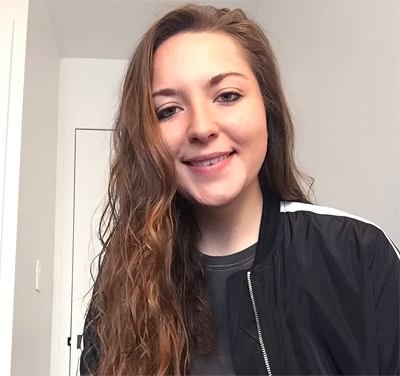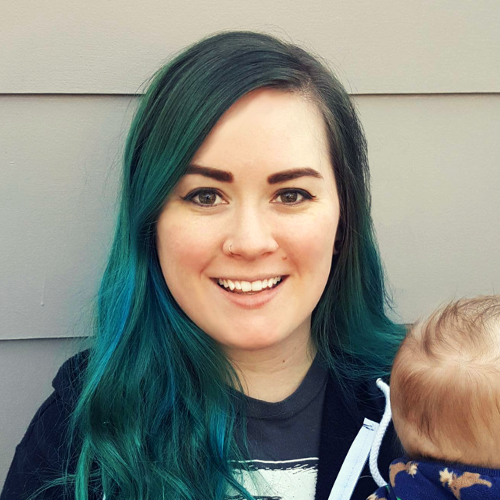I'm sure you've heard it before, finding your niche is a vital part of running your own radio station. It can be difficult to find your niche though, especially if you are someone that enjoys a variety of genres and/or topics. Despite the challenges, tailoring your niche down should be a priority and you can figure out your niche with a little evaluation.
While many internet radio broadcasters come to internet radio with a specific format in mind for music or talk, some start their journey not knowing which genre(s) to dive into, and instead driven by a passion or curiosity. On the other hand, some start with enthusiasm for an idea or type of music that they feel will make for a great radio station.
Either way, whether you’re just getting started or are an industry veteran, it’s a great idea to tailor your niche down as much as possible. And, it is also important to take a minute every now and then to reevalute your niche and your programming to make sure everything is on track. Remember, the more specific your target audience is, the more likely you are to develop a unique brand and/or product that comes as close as possible to fitting the needs of that audience.
One great first step to finding your niche is to ask yourself "What kind of music or programming am I the most passionate about?" Regardless of whether you are starting with a passion for the medium or a passion for specific programming, this is a great place to start to pin down your niche. If you note one kind of music or programming that is already specific enough, then you already have a pretty tailored niche and can move on to envisioning your audience. However, if you note a genre or programming that is especially vague like pop music or news radio, you will need to get more specific as to what pop music you want to play and and what news you want to talk about. Some more specific examples that would work for a tailored niche are early 2000s pop or technology news, so try to move away from such a general topic by focusing on eras or topics, for example.
Now, if you note several genres of music and/or programming that are not all closely related, you will likely need to evaluate your list and note what you are the most passionate about and what fits together. Keep in mind that you want your niche to be specific, but you also want your content to be cohesive. So, narrow down what genre(s) and topic(s) you are the most passionate about that also fit together nicely. Then, if you have some other genre(s) and topic(s) that fit outside of this intersection, you can always consider having hours or segments around those genre(s) and topic(s). As long as your station focuses on your niche the majority of the time and you communicate any changes (even temporary ones) in programming, there is nothing wrong with throwing in hours or segments that are outside of your niche if you are passionate about some other programming.
Another great first step is writing out who you envision your audience to be. Who is your ideal listener? Give them a name, an occupation, a personality, and think about why they would want to listen to your station in the first place. And, ultimately ask yourself what the radio station is that they would want to listen to and run with that idea! Then, you can use your audience description to tailor your playlists and other content to their exact specifications.
Tailoring your niche down can take some time and effort, but it is truly a crucial step to getting your radio station up and running successfully. Remember, the more specific your programming is, the more likely you are to create a radio station that is absolutely perfect for someone’s needs. However, it is important to keep in mind that you should be interested in your radio station's niche. If you aren't or you lose touch with that niche, then not only will you be unable to optimally program your station, but you won't enjoy running your own radio station. So, make sure that, above all else, you enjoy your radio station, because after all, that's what being a broadcaster is all about!
Note: You may come to a point where you are passionate about different programming than what is on your radio station currently. If you come to this point, it is a good idea to test out any new programming using special hours and segments and evaluate the listener statistics and feedback. You do not want to turn away your current listeners by totally switching your station on them, so ensure that you make an informed decision by checking out your listening statistics and communicating with your listeners beforehand. Even if you decide to switch your programming completely instead of slowly integrating new programming and asking your listeners for feedback, you should absolutely communicate these changes with your listeners first.
See how many stations have joined the Radio Revolution at https://live365.com/listen. Keep up with the latest news by following us on Facebook (Live365 Official and Live365 Broadcasting) and Twitter (@Live365 and @Broadcaster365)!
Article Image: Free-Photos via Pixabay.


